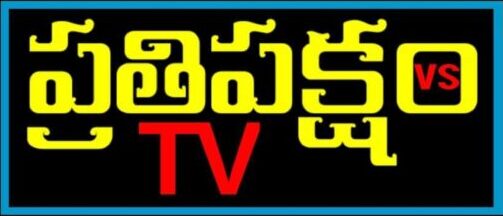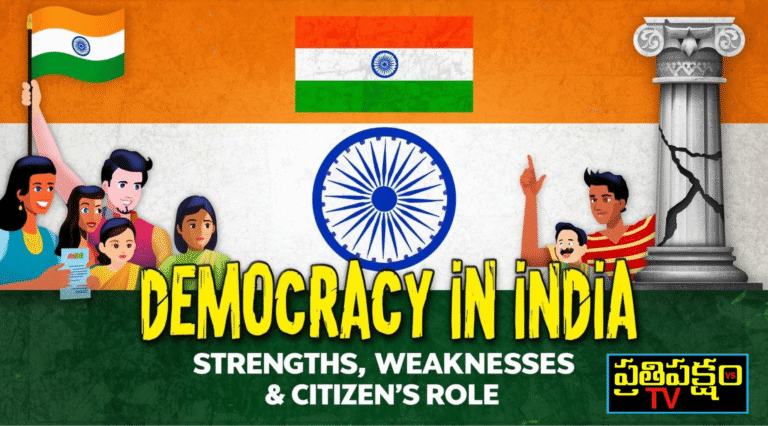Democracy in India proudly stands as the largest in the world. Since January 26, 1950, when the Constitution came into force, India has upheld the principle of “government of the people, by the people, for the people.” The true power in this system lies not with a monarch or a single party but with the citizens themselves.
Strengths of Indian Democracy
The foundation of Indian democracy rests on its strong institutions. The Constitution of India guarantees equality, liberty, and justice to every citizen. Regular free and fair elections every five years allow people to choose their representatives. A free press ensures transparency and public awareness. The independent judiciary acts as a guardian of rights, keeping executive power in check.
Social justice programs and welfare schemes have further empowered marginalized communities. These pillars together make India’s democratic model one that is admired across the globe. The people’s right to protest, question, and participate ensures that no government remains unaccountable for long.
Weaknesses of Indian Democracy
Despite its robust framework, democracy in India faces serious weaknesses. Money power and muscle power often influence elections. Candidates spend crores of rupees, turning elections into a competition of wealth rather than ideas. Caste-based and communal politics divide society and weaken unity.
Dynastic politics has become a major concern, where power remains confined within a few influential families, reducing opportunities for honest and capable citizens. Corruption in governance, from local offices to higher administration, damages public trust. Moreover, many citizens limit their role to voting once in five years, withdrawing from active civic participation thereafter.
The weakening of public institutions, fake news, and the misuse of religion and identity in politics also erode democratic values. These challenges make it essential for citizens to become active participants rather than passive observers.
Citizen’s Role in Strengthening Democracy
A healthy democracy requires informed, active, and responsible citizens. Voting is only the first step. Citizens must continue to question the government, engage in discussions, and hold leaders accountable. Using tools like the Right to Information (RTI) Act, people can demand transparency and expose corruption.
Citizens should participate in public consultations, civic meetings, and social campaigns that promote education, equality, and justice. Civil society movements have shown that collective voices can bring major changes. Media literacy is equally important — people must verify facts before sharing information to avoid spreading misinformation.
Youth participation is the need of the hour. Young Indians must step into public life with honesty, courage, and creativity. They can transform politics by introducing modern ideas and focusing on issues like education, environment, and employment.
Conclusion
Democracy in India continues to inspire nations worldwide because of its diversity, resilience, and spirit of inclusion. However, its future depends on the people’s willingness to protect and nurture it. Citizens must remain vigilant, responsible, and active in civic life — challenging corruption, opposing injustice, and demanding accountability from leaders.
True democracy is not just about elections; it is about ensuring that every citizen’s voice is heard, respected, and acted upon — every single day.

